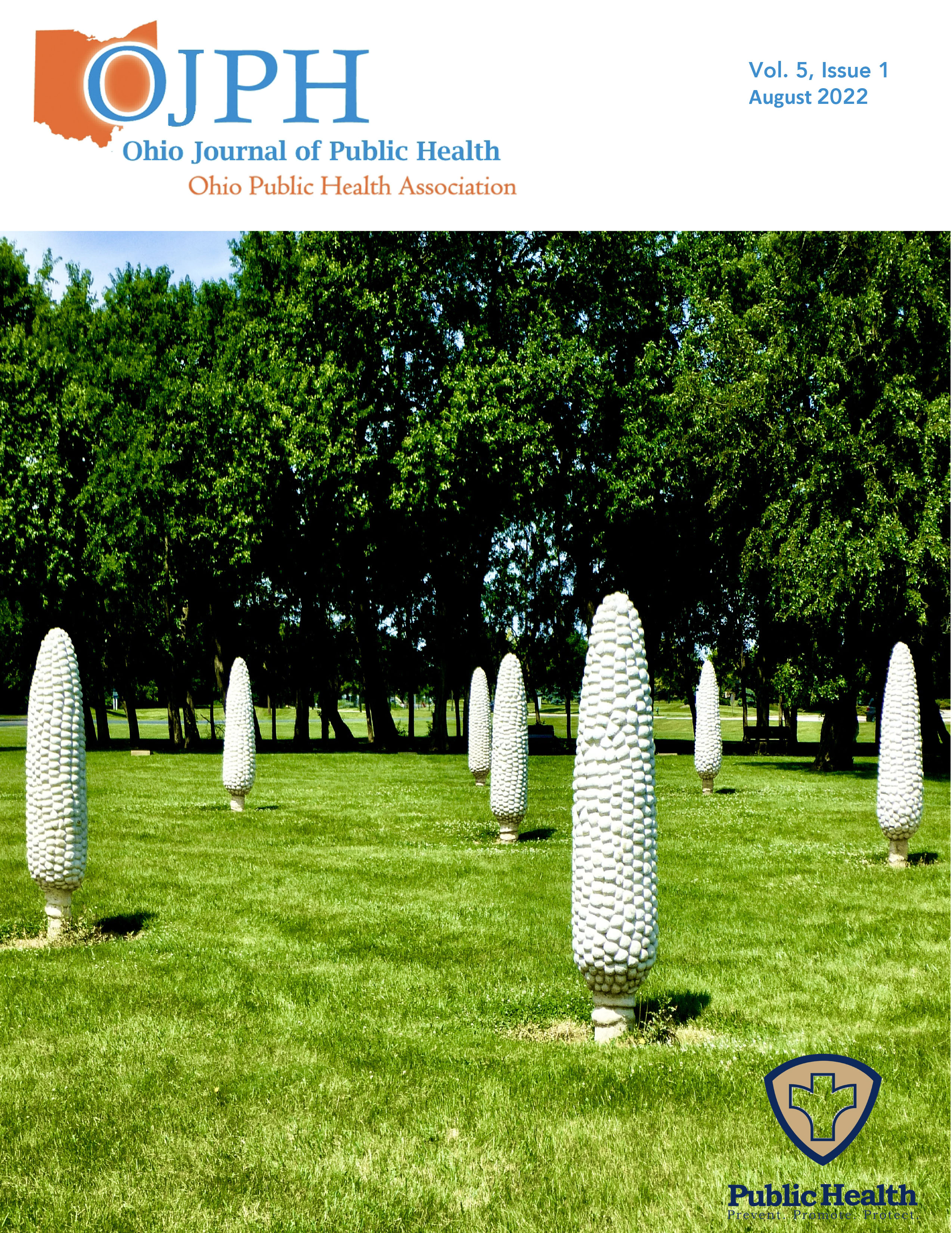Increasing Parenting Self-Efficacy Through a Community Partnership in Akron, Ohio
DOI:
https://doi.org/10.18061/ojph.v5i1.8765Keywords:
Nuturing family program, Parenting, Community, Self-efficacy, StressAbstract
Background: The Nurturing Family Program (NFP) is a family-centered educational curriculum designed to equip parents with tools and techniques to support a nurturing relationship with their child. While there have been many evaluations of the NFP, no evaluations to date measure how the curriculum may influence parenting self-efficacy, how confident a caregiver feels about their ability to foster their child’s development and success, or parenting stress.
Methods: This community-based interventional study used a convenience sample of families recruited from community agencies or within a pediatric medical center. Families with one or more children aged 0 to 5 years, premature infants or an infant discharged from the neonatal intensive care unit (NICU), and/or adolescent parents were invited to participate in NFP. Participants were recruited from community agencies that were most likely to work with populations meeting program eligibility criteria. The NFP was offered as in-home and community-based sessions.
The primary outcome of interest was perceived parental self-efficacy, measured using the Tool to Measure Parenting Efficacy (TOPSE) at weeks 1, 5, and 10. The secondary outcome of interest was perceived level of stress, as measured by a visual analog scale each week.
Results: Participants of community-based sessions (n=45) experienced a significant increase in parenting self-efficacy at week 10, compared to week 1 and week 5 (p <0.01). Overall, participants of the community-based sessions experienced an average increase of 17.7 points on the TOPSE scale (p =0.014). Across all participants (n=79), each session attended resulted in a modest, but significant, 3% reduction in stress (p =0.021).
Conclusion: The NFP improved parental self -efficacy among participants of the community-based sessions and reduced perceived stress for all participants.
Downloads
Published
Issue
Section
License
Copyright (c) 2022 Annette Sues-Mitzel, Alexandria M. Coffey, Marilyn Espe-Sherwindt, Dave Gothard, Deborah Maglionico, Heather Ekers, Ameeca Holmes, Monika Hale-Johnson, Heather Wuensch, Mary Douglas

This work is licensed under a Creative Commons Attribution 4.0 International License.


